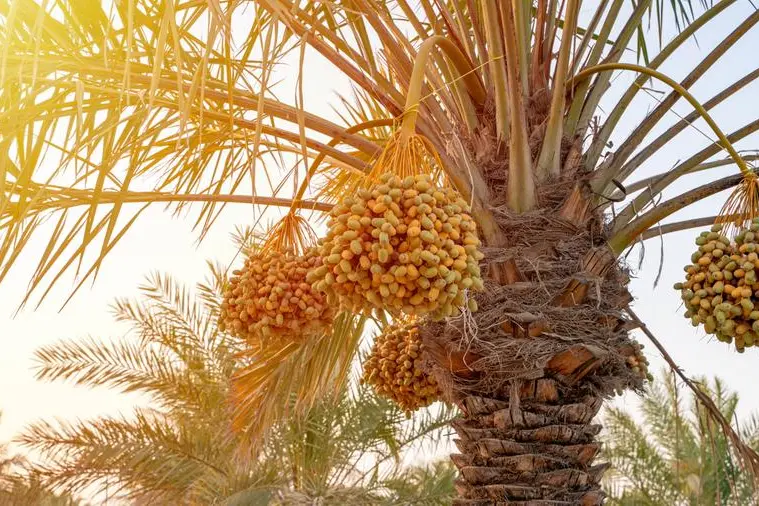PHOTO
Doha, Qatar: To increase date production and reduce waste while drying, the Ministry of Municipality represented by Agricultural Research Department has developed an advanced irrigation system with a water efficiency rate of up to 45 percent and a third generation Polycarbonate Drying House (PDH) to use in Qatar and other GCC countries.
The two research works were conducted as part of “A Project to Develop Sustainable Production Systems for Date Palms in GCC Countries” which is running under the supervision of the International Center for Agricultural Research in the Dry Areas (ICARDA).
“Qatar is contributing in two ways to the project. It developed water-efficient irrigation systems like subsurface drip irrigation, drip irrigation and low-pressure irrigation methods among others to reduce water consumption,” said Director of Agricultural Research Department at the Ministry of Municipality Hamad Saket Al Shammari.
He said that the Department also developed a third generation Polycarbonate Drying House (PDH) which helped greatly in improving the quality of dates and reducing the waste while drying.
Al Shammari was speaking to The Peninsula on the sidelines of a regional workshop on “Molecular Techniques for Date Palm Propagation, On-Farm Crop Management and Post-Harvest Treatments”.
The five-day event is being organised by ICARDA for partners from GCC countries to the Project to Develop Sustainable Production Systems for Date Palms. “We reached an advanced stage in dry date technique by developing PDH of third generation. The newly developed date drying technique has been shared with some date farms and plans are afoot to provide this technique to other farms,” said Al Shammari.
To a question about the propagation of palm trees in Qatar, he said that the Department is focusing on researching the best species of date palm for commercial purposes like Ikhlas, Barkhi, Khaniji, Shishi and Lulu because of their high demand in the local market.
“We researched such date palms in the laboratories of the Agricultural Research Department in large quantities to provide to local date farms at nominal prices,” said Al Shammari.
In 2021, the six GCC countries produced 2.44 million tonnes of dates on an area of 239,000 hectares, sharing over 18% of global date production.
The sector still faces many challenges in production, quality, and sustainable development, which requires efforts to develop the productivity and quality of dates and solve problems to achieve sustainable development of the date sector and preserve the safety of the environment.
A total of 38 researchers and experts in the field of palm trees and dates from Qatar, Bahrain, Kuwait, Oman, Saudi Arabia, the United Arab Emirates, and several specialised professional organizations and centres, are participating in the workshop.
The workshop aims to support training and transfer of developed technologies to raise the efficiency of workers and researchers in the palm and date sector in the technologies developed by the “Project for Developing Sustainable Date Palm Production Systems in GCC” programme.
© Dar Al Sharq Press, Printing & Distribution. All Rights Reserved. Provided by SyndiGate Media Inc. (Syndigate.info).





















